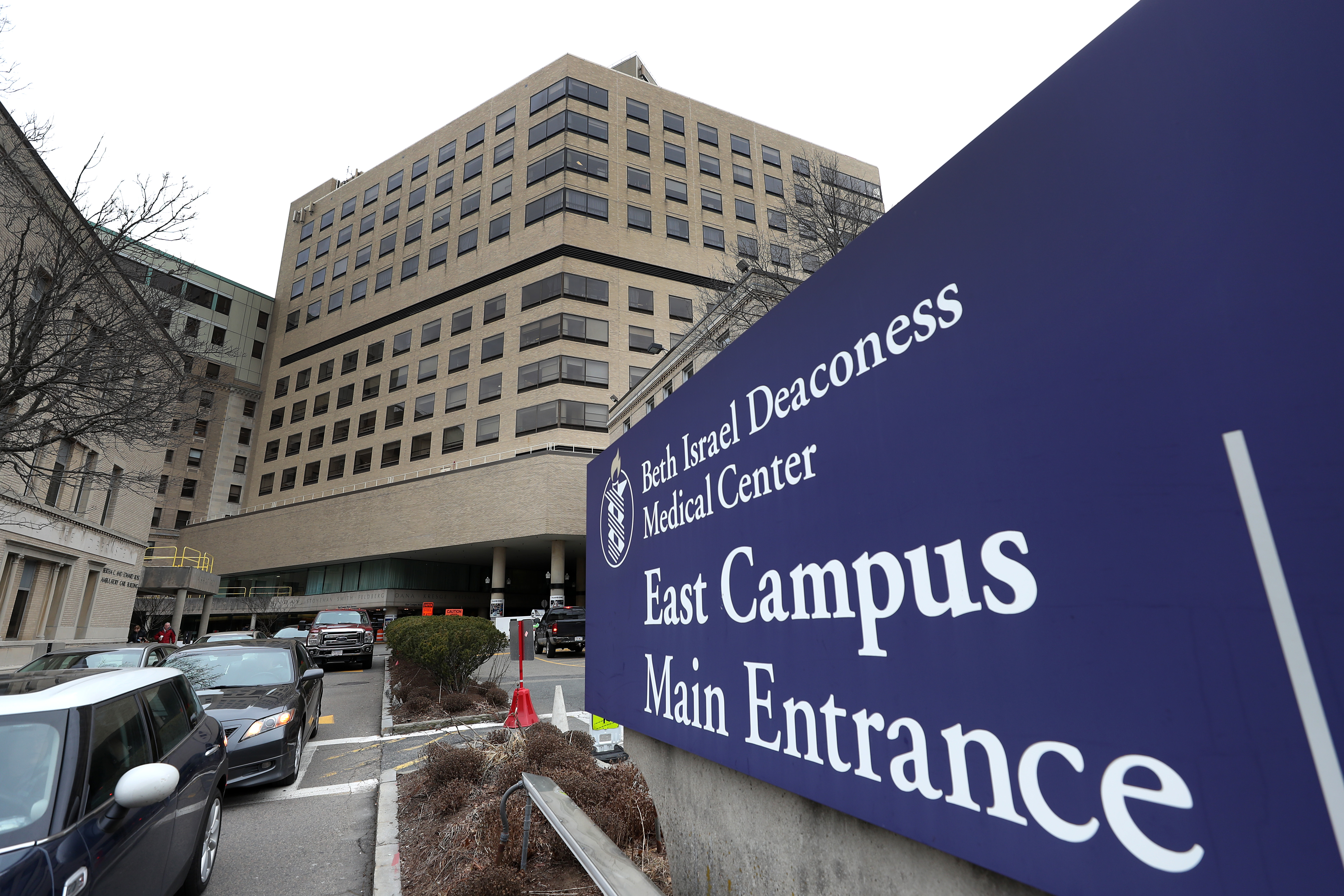Employees of the Massachusetts veterans’ home at the center of a devastating COVID-19 outbreak in the spring of 2020 have sued several members of the facility’s former leadership team, alleging they were forced to care for sick and dying veterans, sometimes after testing positive themselves, in “inhumane conditions.”
The federal class-action suit filed last week says administrators at the Holyoke Soldiers’ Home initially ignored Centers for Disease Control and Prevention guidance for containing the virus and lied to state officials about measures they were taking to protect residents and staff once the first veteran tested positive on March 15, 2020, Masslive.com reported.
WATCH ANYTIME FOR FREE
Stream NBC10 Boston news for free, 24/7, wherever you are. |
“The employees watched in horror as the veterans they cared for suffered horrible deaths,” the suit says.
Get updates on what's happening in Boston to your inbox. Sign up for our News Headlines newsletter.
The lead plaintiff in the lawsuit is certified nursing assistant Kwesi Ablordeppey.
The four defendants include former home Superintendent Bennett Walsh and former Medical Director Dr. David Clinton.
An attorney for Clinton said his client denies the allegations.
Clinton is a “wonderful person” who has dedicated his life to serving veterans and cared deeply for his coworkers, John Lawler wrote in an email to The Associated Press.
“He denies all allegations of wrongdoing and the evidence that will be presented in this case and the other cases will establish that he is not at any fault for the tragedies that unfolded at the Soldiers’ Home as a result of COVID-19,” he wrote.
An attorney for Walsh declined comment in an email.
Both men have previously pleaded not guilty to criminal neglect charges. Their lawyers allege they have been used as scapegoats by the state.
At least 77 veteran residents of the home died of the disease — 76 of them in the spring of 2020 in one of the worst outbreaks at a long-term care facility in the nation. Another resident died last winter at an offsite location.
The first resident of the home known to have contracted the virus, referred to as Veteran One in the suit, was allowed to wander the facility and remain outside a recommended isolation room, the suit says.
He continued to sleep in a room with three other veterans, was allowed to mingle with other residents and was treated by employees who were provided with inadequate personal protective equipment, according to the complaint.
Employees who were symptomatic or who had tested positive for the virus were forced to continue working, according to the complaint, and were disciplined by Walsh if they called out sick, according to the lawsuit.
One nurse reported that the entire facility “smelled like death” in late March, and she would go home after her shifts were over and vomit.
The suit seeks unspecified damages.



